Business reporting plays an integral role in how you manage your business. By analysing these reports, you can gain key insights into trends within your business. You can then use these insights to take strategic actions in order to increase profits.
Recently, more and more business owners are considering whether their reporting software is doing everything they need it to do.
With the rise in big data, most businesses have a significant amount of data which they can use to make important decisions. Great business reporting software will condense and analyse data from a variety of sources into an integrated view to help with the decision-making process.

Here are 5 ways to determine whether your reporting software stacks up:
1. Consider collaboration
Collaboration breeds innovation. And the biggest breakthroughs in business often happen when self-motivated people join together to share information and ideas.
How well are your employees collaborating? Can they easily share up-to-date files, or is there some controversy about who has the correct or most accurate information?
Many businesses are still relying on Excel spreadsheets, which are kept locally on each team member’s computer. When these are inevitably updated by each person, the information becomes slightly different across each version. And that makes it more difficult for collaboration to occur. After all, how are employees supposed to work well together when they can’t agree on which information is correct?
2. Look at your KPIs
Does everyone in your company understand what they’re working towards, both individually and as a team?
These days, employees want to know that what they’re doing matters. This is particularly true amongst the millennial generation- many of whom are more interested in finding their work meaningful than in earning a high salary.
Want to increase productivity? Show your team members how their work is directly contributing to your company’s positive performance.
Not only does each individual need to know what they’re working towards, but each team should have their own goals. This is also true for executives and CEOs, who should be able to see how they’re trending at a glance. If you find that no one really knows how they’re performing, you may need to consider a new option for your reporting software.
3. Know thy customers
Do you have a solid understanding of who your customers are, what they want, and the pain points keeping them up at night? Does everyone working for your company know your customer personas well? And are they targeting all marketing, social media, product development, and customer service to those personas?
A great business reporting software solution will give you insights into:
- Where your customers live
- How old they are
- Their main problems
- What they’re looking for
- Their buying patterns
- How they feel about your company
If you find that the information about your customers is difficult to understand, or your employees are failing to target your ideal prospect, the problem may lie with your current reporting software. A great business intelligence solution will collate all the data available about your customers. It will also analyse this information, and give you results that are easy to understand and use.
4. Check your legacy system
Your legacy system has probably been the backbone of your company for many years. The problem with many systems is that they often don’t play well with other apps and software.
That means that they’re often buggy. And while your system may have access to large amounts of data, it’s unlikely to have the capability to do anything helpful with that data.
You’re also likely to find that getting up-to-date information is difficult or impossible. Newer reporting software does all of the analysis for you. But a legacy system will often mean you’re relying on employees and complicated equations in Excel spreadsheets to get the information you need.
5. Think about your goals
Many people are concerned about the impact of robots on their jobs. However, it is possible for the transition to be successful, as long as businesses and governments see the writing on the wall and are prepared for the coming job losses.
Schools are already focusing more heavily on STEM subjects (science, technology, engineering, and maths). And there’s little doubt that the world will continue to need workers experienced in programming, coding, and AI.
The fact is, robots are able to replace jobs that humans find boring and repetitive. Robots are excellent at doing the same action over and over and using logic to make decisions. But they can’t do tasks that require planning or creativity, or anything requiring “people skills”, or human interaction.
People in the industries that are going to be impacted will need to be reeducated or retrained so they can perform tasks that robots can’t yet do. In the long-term, this means that humans will be doing more highly-skilled and meaningful work.
One solution is a universal basic income, which would be government funded. Funding could come from a variety of sources, including carbon taxes, VAT, earnings from investments, income taxes, resource-based revenues, and decreases in military spending. This would eliminate households living below the poverty line, and provide a safety net to allow retraining for those who are made redundant by robots.
Trial projects for a universal basic income are already underway in France, Finland, Switzerland, India, Kenya, and The Netherlands.
Many businesses are moving to custom solutions. And if you’re still using the system you started your business with, you may find it much more difficult to compete.
These days, customers expect immediate responses to their queries, and the most successful companies are now using data to predict customer needs. If you want your business to remain competitive into the future, you may want to consider updating your reporting software this year.
If you’d like to learn more about how reporting software can make a huge difference to your bottom line and customer and employee satisfaction, get in touch today to learn more.




